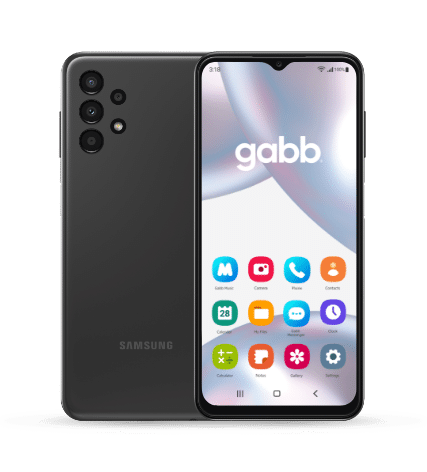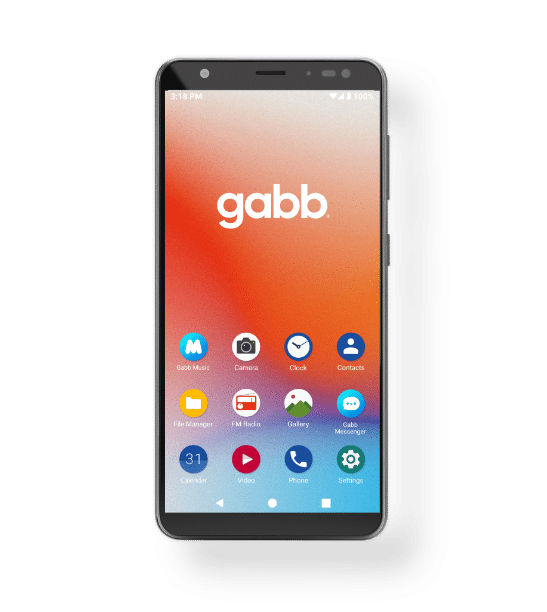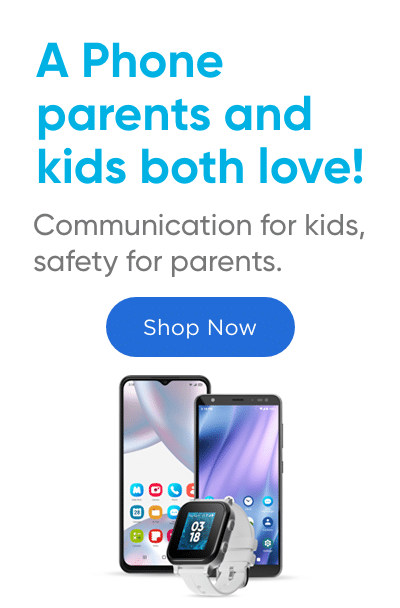Pocket the Phone, No Tech at the Table: Connect With Your Tech-Obsessed Kid
OCT 26, 2021
Pocket the Phone, No Tech at the Table: Connect With Your Tech-Obsessed Kid
The following article is from national speaker Jonathan McKee, author of over 25 books, and most importantly, husband and father of three. This particular article is one in a series of articles from his incredibly practical book, “52 Ways to Connect with Your Smartphone Obsessed Kid.”
“Pocket It”
The number one complaint I hear from parents today: “My kid can’t go five minutes without looking at her stupid phone!”
Not surprising. How can a sixteen-year-old with 387 Instagram followers possibly go an entire dinner without her phone buzzing at least once?
And what do teenagers do when they feel that buzz in their pocket? Like a rat drawn to a pellet, they habitually look at it. Right?
What do you do when your pocket buzzes?
Forget teens for a second In a world where the average American adult spends eleven hours per day with digital media, you may want to think twice about your answer. Because researchers from Boston Medical Centre would argue that parents are setting the precedent with their own phone habits. In their study, researchers discovered:
- Seventy-three percent of parents used their phone at least once during a family meal
- One in three used their phones continuously during meals.
- The majority of children in these situations became restless and acted up to seek attention.
I have to admit, when I read about this study, my first thought was, I typically check my phone once when I am out at a meal.
Gulp.
When my family is at home, we don’t bring our phones to the dinner table. We’ve declared that part of our home a “no-phone-zone,” if you will (more on that later). Our family typically eats together and does dishes together. It’s usually a fun time with lots of talking, laughing, and joking together. The phone doesn’t interrupt this.
But many of us do let the phone interrupt our lives. It’s like the phone connected to our walls twenty years ago. When that thing rang, what’s the first thing we did? We got up and answered it. Forget that we were in a deep conversation with our family- “the phone is ringing!”
Urgent won out over important.
The same is true today. Our phone vibrates…and like Parlov, we look. Why? Is your friend David’s social media rant about the president really more important than your kids? I tell teenagers the same things. Chances are, Brittany’s Instagram post of her new American Eagle sweater isn’t more important than your dinner conversation.
How about we just take our phones and set them aside? If you’re out and about, pocket that thang! Why don’t we all just agree to put our e-conversations aside for a few minutes and focus on the conversations we’re having face-to-face first. And by “we all” I mean parents.
Similar Post: Media Fasts & No-Tech Tuesdays: Connect With Your Tech-Obsessed Kid
What would it take for you to ignore that buzz during dinner? What would it take for you to find some sacred times where you put the phone aside during the day and don’t touch it, or better yet, don’t even hear it buzz? (If you’re retorting with “I can’t- my work needs to be able to reach me,” then why not use the Do Not Disturb feature most smartphones have? Your phone will ignore all calls and texts except for certain numbers you determine in advance.)
Forget parenting for a second-think of what this would do for your marriage.
In her extensive research about how today’s phones are becoming conversation killers, Massachusetts Institute of Technology professor Sherry Turkle discovered:
“Studies of conversation both in the laboratory and in natural settings show that when two people are talking, the mere presence of a phone on a table between them or in the periphery of their vision changes both what they talk about and the degree of connection they feel.”
– Sherry Turkle, “Stop Googling. Let’s Talk,” New York Times, September 26, 2015
It’s probably time for us to remember what’s important and put the phone aside for our family. Pocket it! Your example will speak far louder than your words.

“No Tech at the Table”
It’s beneficial to seek out settings where we simply put our tech aside and enjoy uninterrupted 100 percent face-to-face interaction. In our house, one of these venues is the dinner table.
Our family adopted a policy years ago: no tech at the table.
It’s that simple. Texts, Insta-posts, tweets- they all can wait. Dinnertime is a precious time when our kids feel noticed and heard.
Apparently, I’m not the only one lobbying for the importance of family dinners. Columbia University is in my corner. Year after year, the National Center on Addiction and Substance Abuse (CASA) has published studies about the importance of family meals.
Why would a group of scholars doing research on drugs and alcohol abuse write a report about families getting together around the dinner table? I’ll let them explain:
CASAColumbia has surveyed thousands of American teens and their parents to identify situations and circumstances that influence the risk of teen substance abuse. What we have learned is that parental engagement in children’s lives is fundamental to keeping children away from tobacco, alcohol, and other drugs, and that parents have the greatest influence on whether their teens will choose not to use these substances. Our surveys have consistently found a relationship between children having frequent dinners with their parents and decreased risk of their smoking, drinking, or using other drugs, and that parental engagement fostered around the dinner table is one of the most potent tools to help parents raise healthy, drug-free children. Simply put: frequent family dinners make a big difference.
The research is clear. The more often children have dinner with their parents, the less likely they are to smoke, drink, or use drugs. Furthermore, the report asserts that kids from families who have infrequent family dinners (fewer than three times per week) are:
- Twice as likely to use tobacco,
- Nearly twice as likely to use alcohol, and
- One and a half times more likely to use marijuana.
A buzzing cell phone is a guaranteed distraction from the “parental engagement fostered around the dinner table.” CASA described. Hip this interruption in the bud by simply declaring your dinners tech-free. That included Mom and Dad.
Our kids will be enticed by venues that value their engagement.
Recently my kids were all home for Thanksgiving week. Alyssa’s friend Mel came over to Tuesday anight and joined us for dinner. We all laughed, stuffed our faces, and talked around the table. After Mel went home, Alyssa thanked us for inviting Mel. “Mel loves our family meals,” Alyss said. “She said they’re special. They’ve made an impact on her. She told me she is going to make sure and have meals just like this when she starts her own family someday.”
Lori and I were so touched, We don’t think our family dinners are unique. They’re just cherished in our home. So tech can wait until after dinner.
So consider these two new practices- one for you and one for the entire family. Foster a habit of keeping your phone in your pocket during conversations and times for connection. Even if your phone goes off, whatever it is, it can wait. The person (or people) you are with will appreciate your undivided attention. For your family, designate certain family activities and/or rooms in the house as “tech-free.” Family dinners are important. Make this “no phone zone” rule applicable to everyone, including the parents. You will all cherish the quality time spent together, and your children will certainly be better off for having experienced such sound, impressionable practices in the home.












Success!
Your comment has been submitted for review! We will notify you when it has been approved and posted!
Thank you!